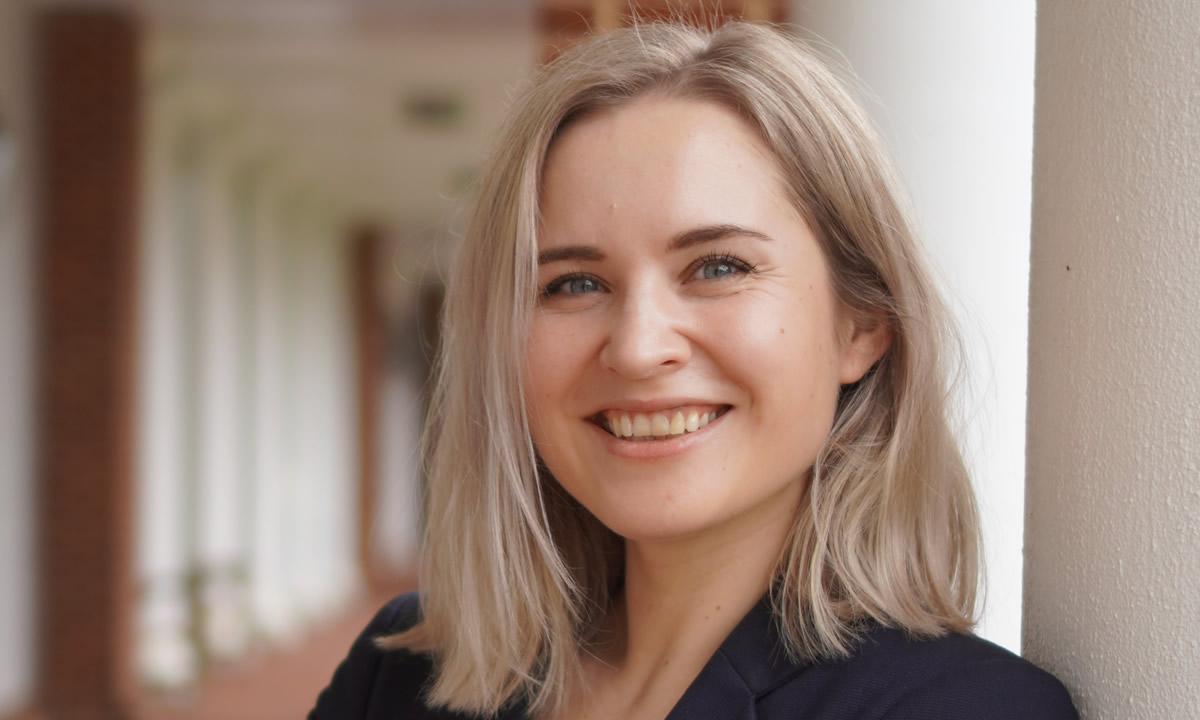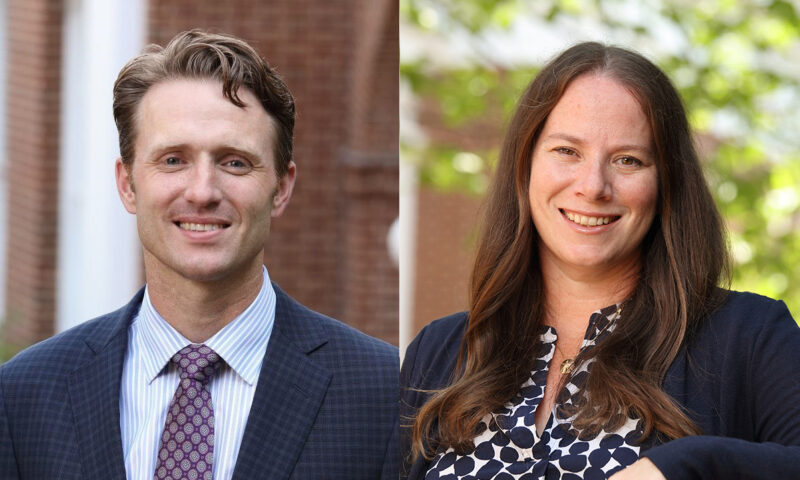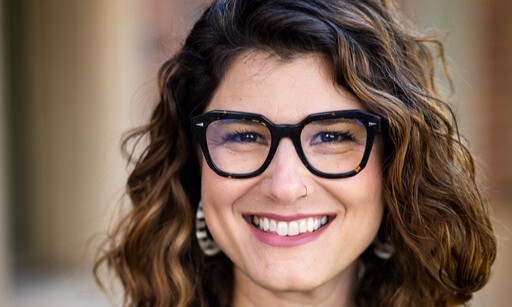When people become outraged, they often call for action.
In situations where a traditionally marginalized group is angered by how they are portrayed in the media, they can be motivated to ask the party responsible to correct what they see as an insult, an error in judgement, a dangerous message, or all of the above.
Maybe the material in question is a somewhat recent Netflix standup special by comedian Dave Chappelle, or perhaps it’s something as old as the 1939 film “Gone with the Wind.” Whatever the case, consumer activism in the form of censorship serves as a way for marginalized groups to voice their concerns and potentially suppress what they see as offensive content that threatens their cultural and collective identities.
“Censorship is a deeply fascinating topic for me, both academically and personally,” says McIntire Professor Polina Landgraf, whose paper “Media Censorship and Consumer Identity” was recently published in the Journal of the Association for Consumer Research. Co-authored with Dartmouth Tuck School of Business Professor Tami Kim, their work explores when and why viewers from marginalized groups may promote or reject the idea of censoring questionable content. Conducting four separate studies with diverse groups of representative marginalized consumers, they attempted to determine the circumstances that motivate individuals from those groups to make demands of embroiled media providers or not.
As a Russian American, Landgraf says she’s experienced the ways in which different societies approach and justify suppressing content. “In many parts of the world today, censorship remains a tool of control,” she says, pointing out that in democratic societies, a different trend is happening that she finds remarkable: “The very nature of censorship is changing. We’re living in an era where consumers have unprecedented power to shape corporate behavior through what some may call ‘cancel culture,’” she says, clarifying that she prefers to think of that power as “collective consumer activism.”
Landgraf has been interested in studying the change that allows groups who have been previously silenced to now feel empowered and have their voices heard. “Working with Professor Kim allowed us to dive deep into this paradox: How censorship, traditionally a top-down tool of control and oppression, is being used bottom up by consumers—especially those belonging to historically marginalized groups—to advocate for their values and rights,” says Landgraf.
The authors started by proposing the idea that when viewers from marginalized groups see media content as a threat to their identity, they tend to support censoring the content (rather than preserving it as is) and are more likely to boycott the streaming platform or company. Their prediction anticipated that U.S. consumers would hold freedom of speech highly as a core American value that should not be compromised by censorship. Yet while two of their four studies confirmed an aversion to censorship by marginalized groups, they found “an important tension between marginalized consumers’ support for freedom of speech at the abstract level (i.e., protecting the free expression of ideas as a value important to them) and approval of censorship when media content threatens their identity (i.e., protecting their marginalized identity).”
Landgraf shares that one result from her studies that surprised her most revealed a limited sensitivity to others’ experiences.
“We discovered something quite counterintuitive: People fight hardest when they personally feel threatened, but this passion doesn’t automatically extend to other marginalized groups,” she says. “We had assumed that those who faced discrimination would naturally defend all marginalized groups with equal passion. We were wrong,” she admits, explaining that the data revealed that a threat to someone’s identity can drive them to take action more than compassion for other group’s struggles—even among people who have experienced oppression firsthand. “This finding challenges us to think harder about building bridges between communities that face different but related battles.”
As streaming platforms and media channels of all stripes continue to grapple with decisions about moderating provocative and controversial content, Landgraf says their work may help to inform how firms respond; they are often guilty of rushing to judgment without fully understanding consumer psychology, especially those of marginalized identities.
“While I don’t think there’s a one-size-fits-all solution to content moderation—freedom of expression is too nuanced for that—our research offers critical insights into how marginalized communities respond to identity-threatening content. Companies need to understand that these consumers’ reactions aren’t just ‘cancel culture,’ but rather deeply personal responses to perceived threats,” she says. “This understanding is critical for building authentic, trusting relationships with these communities, and making more informed content decisions.”



